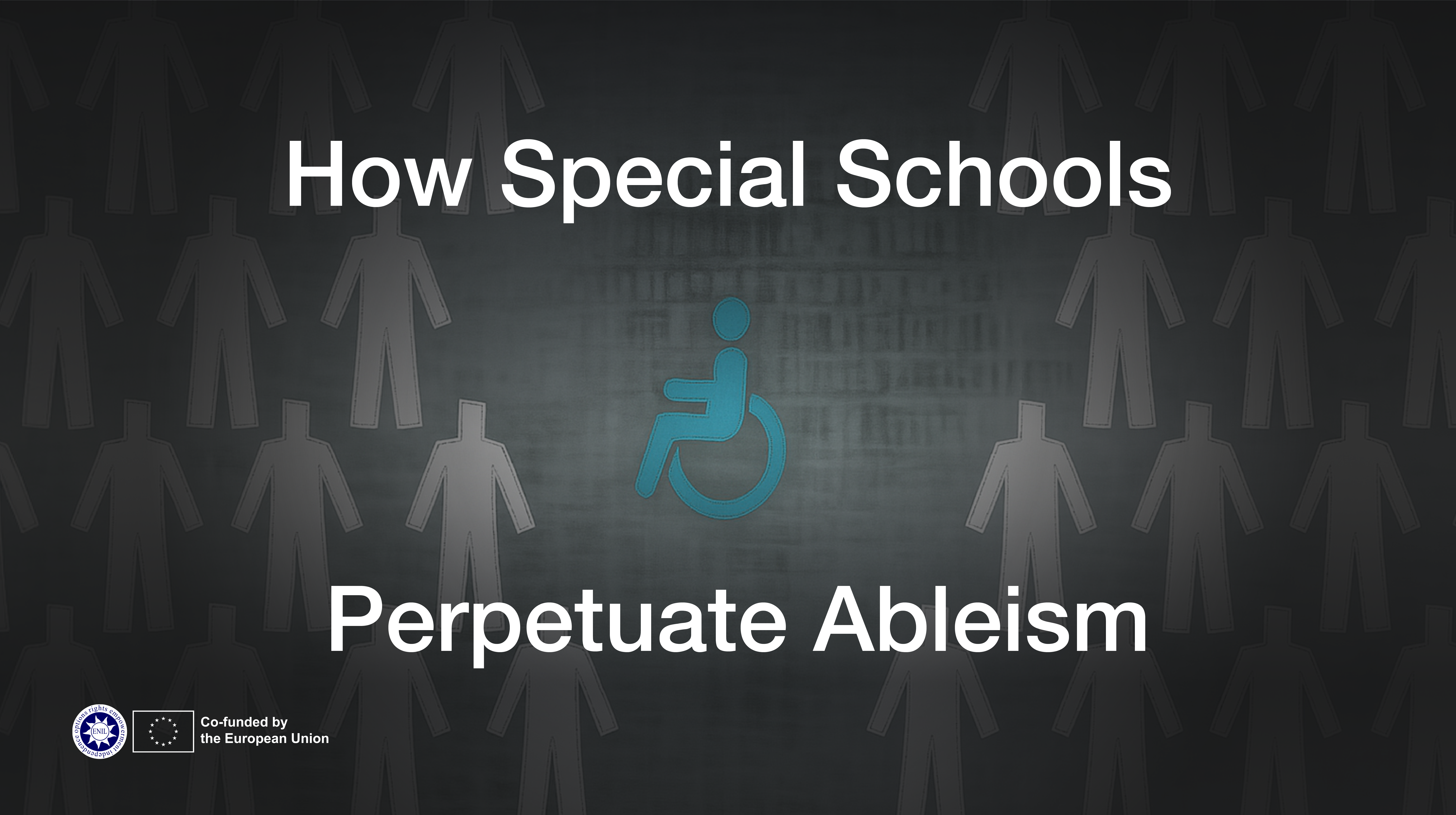At the outbreak of the COVID-19 pandemic, the disabled people’s independent living movement in Scotland had been making progress, influencing national policy making with the Scottish Government and other strategic policy makers, in a variety of ways. Principally, among such progress, the national pan-disability organisation – Inclusion Scotland – had just started to support a nationwide group, with various lived experiences of disability. This group formulates a ‘People-Led Policy’ project to work with the Scottish Government and social care providers, including local authorities, on a reform programme for adult social care support. Also, for several years, Inclusion Scotland has been the secretariat of the Scottish Independent Living Coalition, which creates a platform for various disabled people’s organisations across Scotland to discuss, with different strategic policy makers in government and elsewhere, issues within the panorama of independent living.
Behind this positive work was a background of severe cuts in welfare and social care under the austerity measures of an extreme right-wing Conservative UK Government in London – measures which in 2016 the United Nations Committee on the Rights of Disabled People called, ‘a catastrophe’. The only positive comment in the report was directed at the Scottish Government for the measures taken to involve disabled people’s organisations, as described above. So, at street-level, it would be fair to say disabled people within the UK had little in the way of material resilience to combat the onset of the COVID-19 pandemic, as their incomes and social support had already been cut to the bone.
Nevertheless, from the outset of the COVID-19 pandemic disabled people’s organisations have been gathering details on the worsening effects the pandemic has had on disabled people’s inequality and lifestyles.
You can read the full article written by Jim Elder-Woodward, Chair of the Scottish Independent Living Coalition, in his personal capacity as an individual activist, here.


